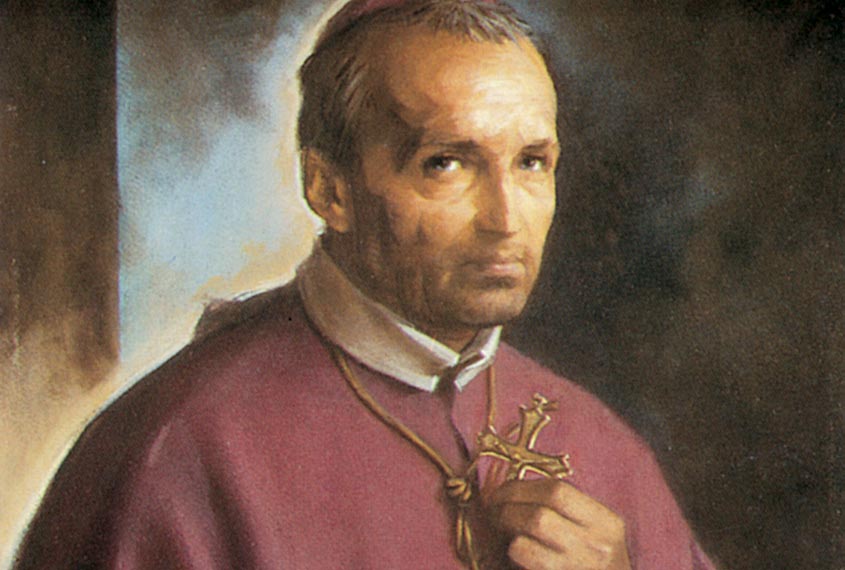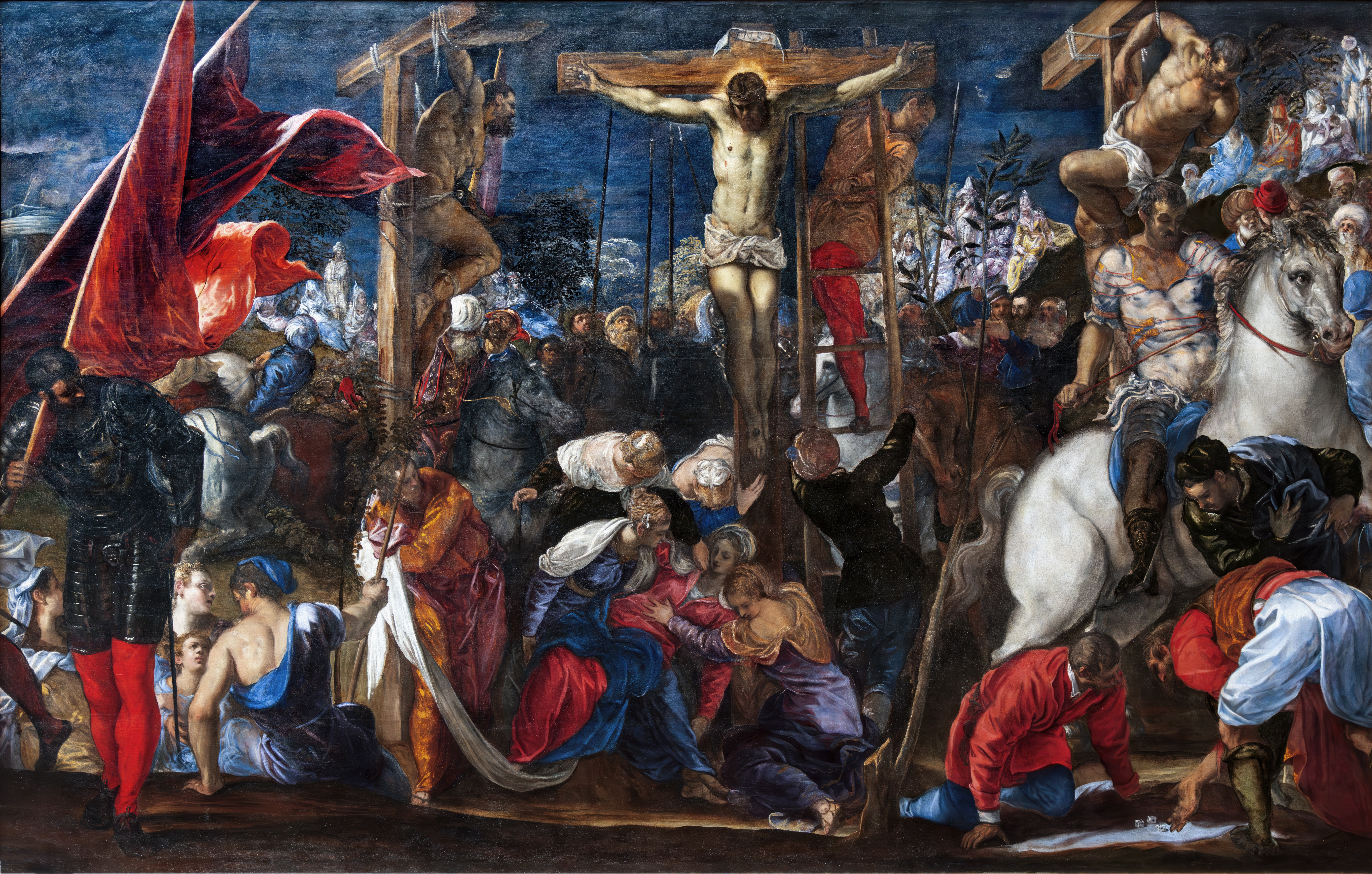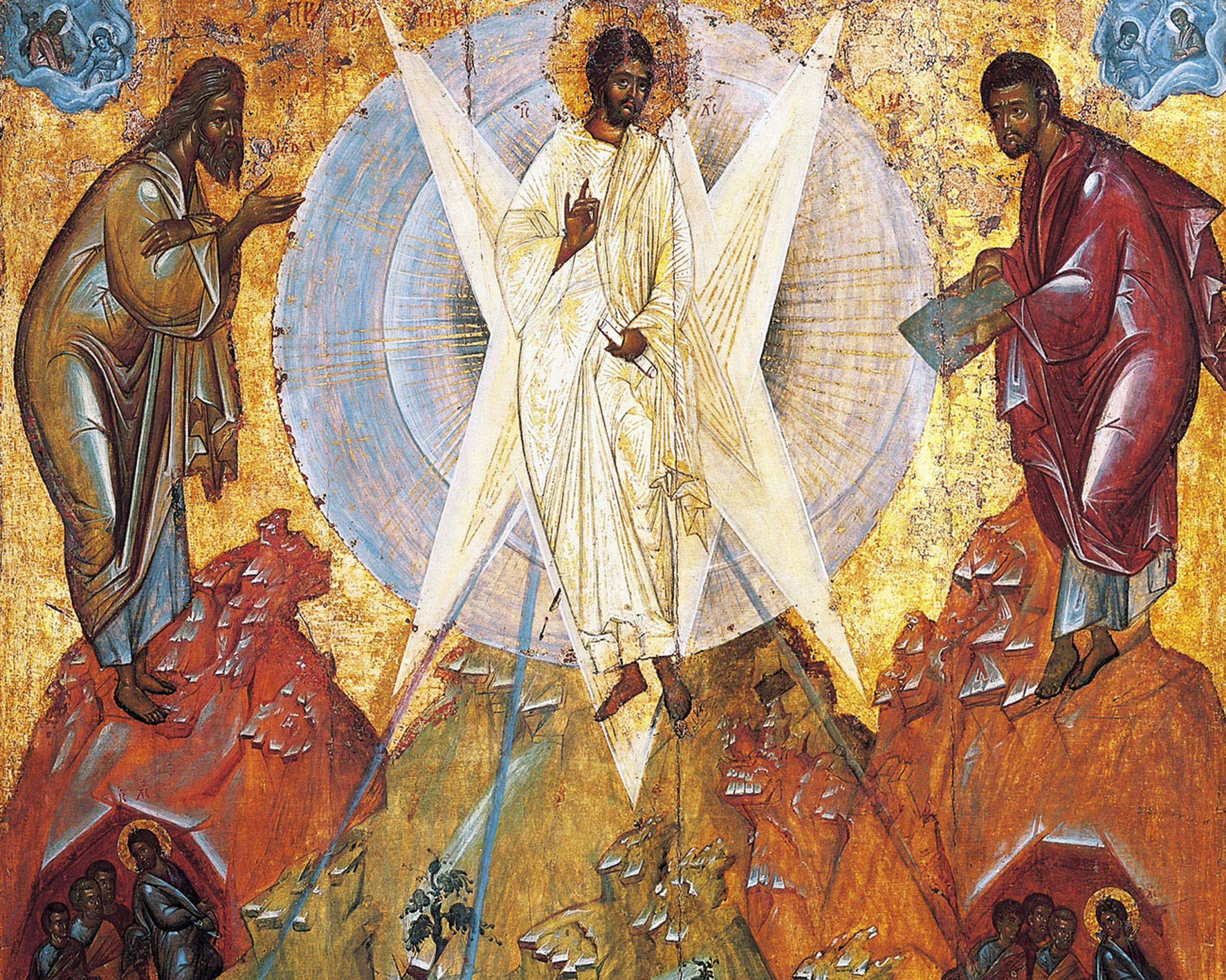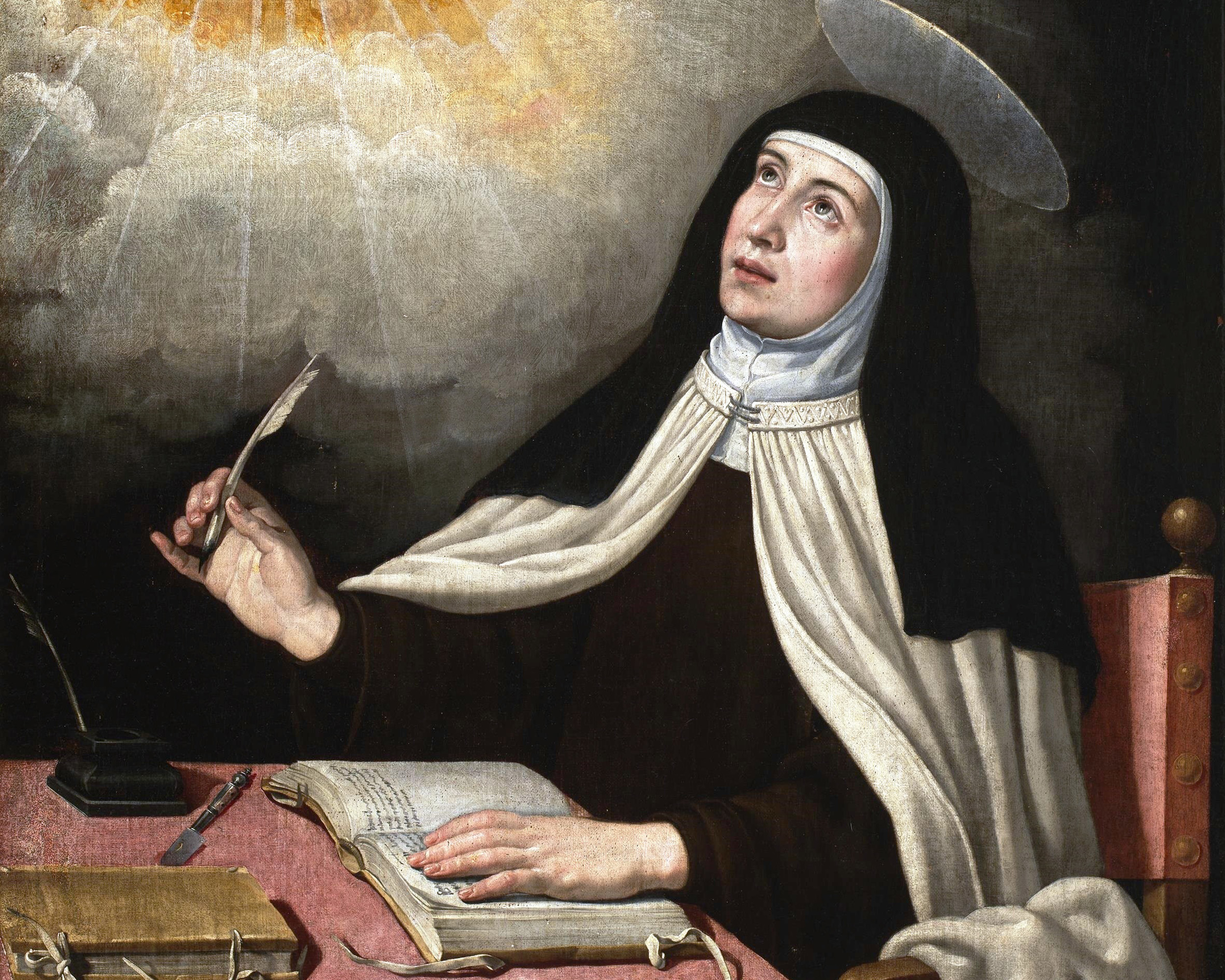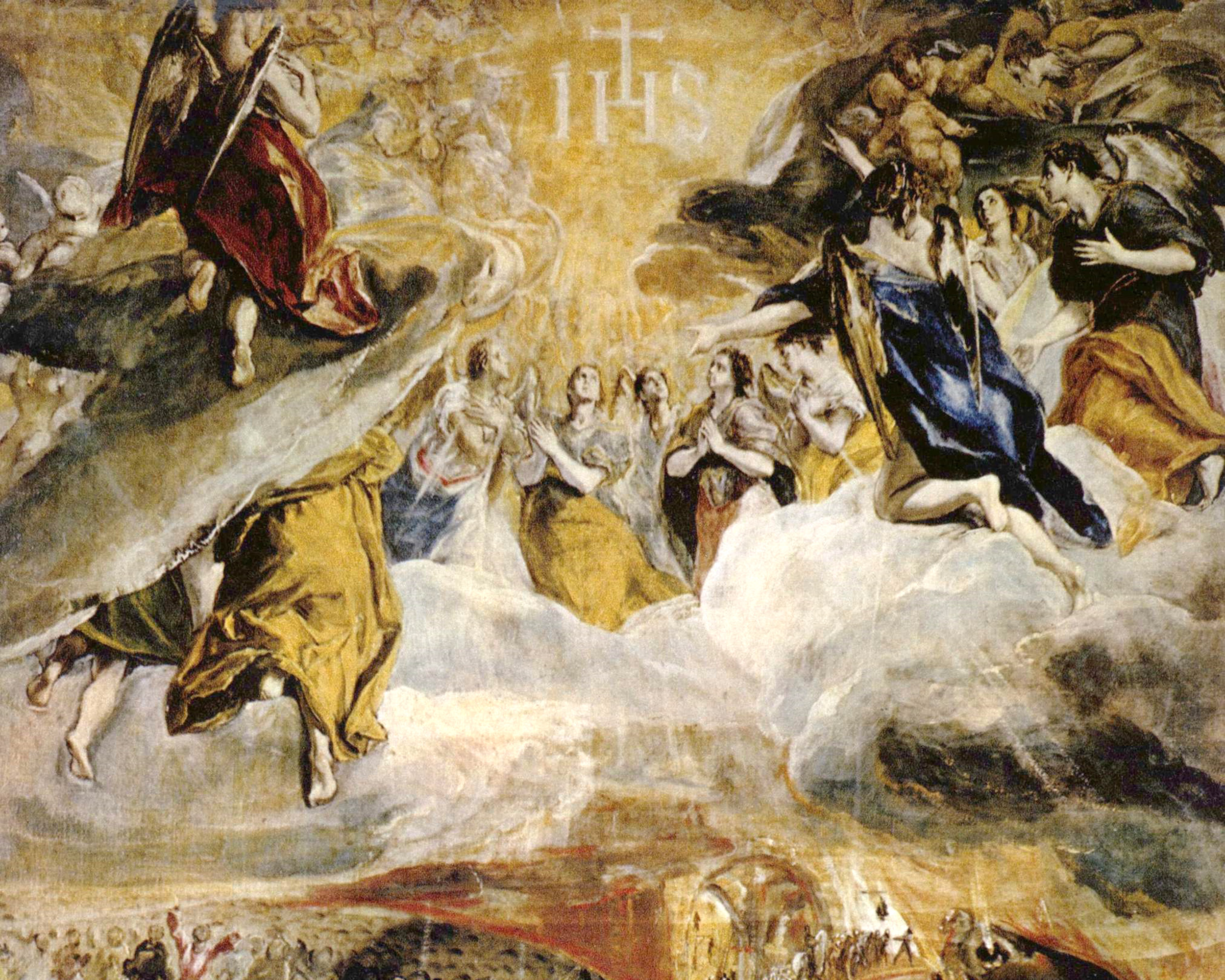Ponder the love of a God who has given all for the return of love by souls in this meditation by one of the Church’s most passionate saints. In this excerpt, even the hardest of hearts will be softened as they contemplate God’s boundless, everlasting love for men.
God so loved the world, that He gave His only begotten Son. God, says Jesus Christ, has loved the world to that degree that He has given it His own and only Son. In this gift there are three things demanding our consideration: Who is the giver, what is the thing given, and the greatness of the love wherewith He gives it? We are already aware that the more exalted the donor is, the more to be prized is the gift. One who receives a flower from a monarch will set a higher value on that flower than on a large amount of money. How much ought we not, then, to prize this gift, coming to us as it does from the hands of one who is God! And what is it that He has given us? His own Son. The love of this God did not content itself with having given us so many good things on this earth, until it had reached the point of giving us its whole self in the person of the Incarnate Word:“He gave us not a servant, not an Angel, but His own Son,” says Saint John Chrysostom. Wherefore Holy Church exultingly exclaims, “O wondrous condescension of Your mercy in our regard! O unappreciable love of charity! That You might redeem a slave, You delivered up Your Son.”
O infinite God, how could You condescend to exercise towards us so wondrous a compassion! Who shall ever be able to understand an excess so great as that, in order to ransom the slave, You were willing to give us Your only Son? Ah, my kindest Lord, since You have given me the best that You have, it is but just that I should give You the most that I can. You desire my love: of You I desire nothing else, but only Your love. Behold this miserable heart of mine; I consecrate it wholly to Your love. Depart from my heart, all you creatures; give room to my God, who deserves and desires to possess it wholly and without companions. I love You, O God of love; I love You above everything, and I desire to love You alone, my Creator, my treasure, my all.
God has given us His Son, and why? For love alone. Pilate, for fear of men, gave Jesus up to the Jews: He delivered Him up to their will. But the Eternal Father gave His Son to us for the love which He bore us: He delivered Him up for us all. Saint Thomas says that “love has the nature of a first gift.” When a present is made us, the first gift that we receive is that of the love which the donor offers us in the thing that he gives: because, observes the Angelic Doctor, the one and only reason of every voluntary gift is love; otherwise, when a gift is made for some other end than that of simple affection, the gift can no longer rightly be called a true gift. The gift which the Eternal Father made us of His Son was a true gift, perfectly voluntary, and without any merit of ours, and therefore it is said that the Incarnation of the Word was effected through the operation of the Holy Spirit: that is, through love alone; as the same holy Doctor says: “Through God’s supreme love it was brought to pass that the Son of God assumed to Himself flesh.”
But not only was it out of pure love that God gave unto us His Son, He also gave Him to us with an immensity of love. This is precisely what Jesus wished to signify when He said: God so loved the world. The word “so” (says Saint John Chrysostom) signifies the magnitude of the love wherewith God made us this great gift: “The word ‘so’ signifies the vehemence of the love.”
ooo
This article is taken from a chapter in The Road to Calvary: Daily Meditations for Lent and Easter by Saint Alphonsus Liguori which is available from TAN Books.



